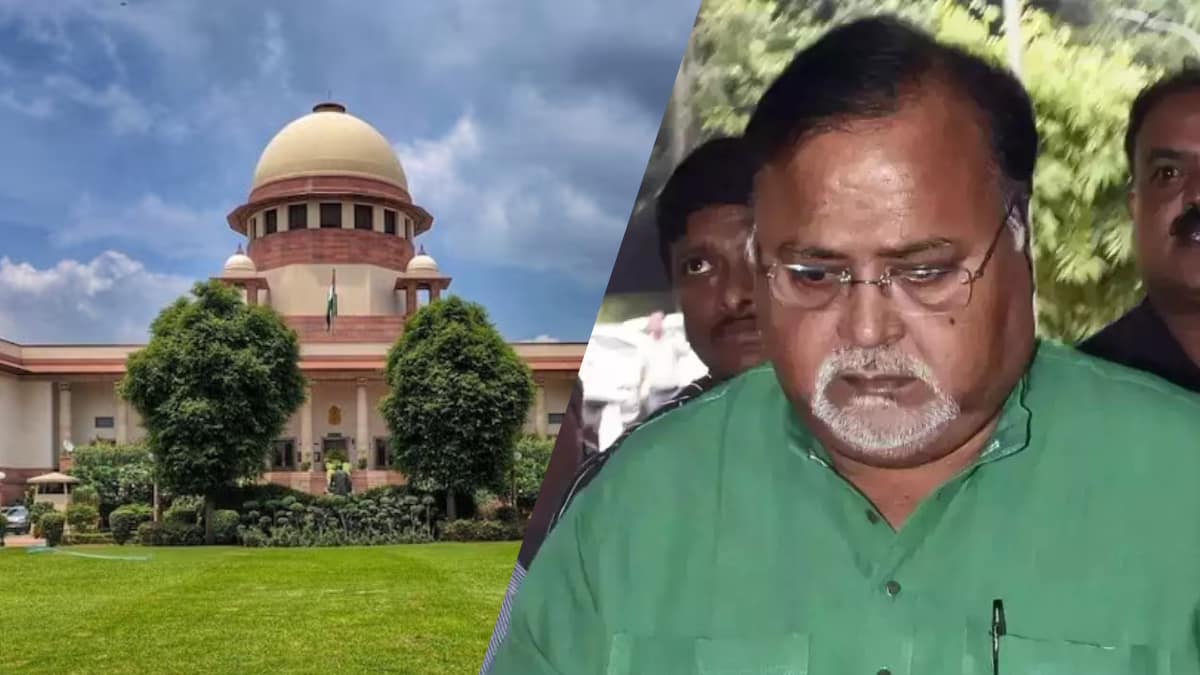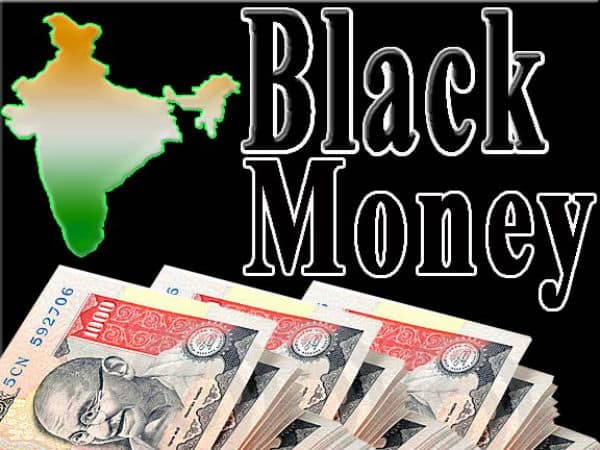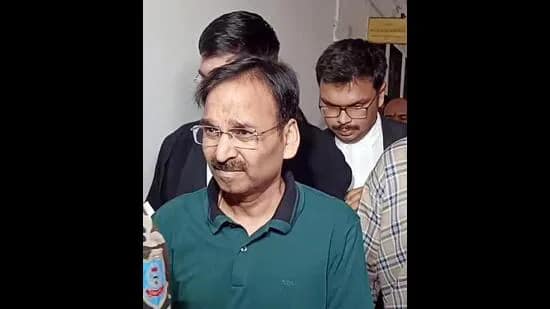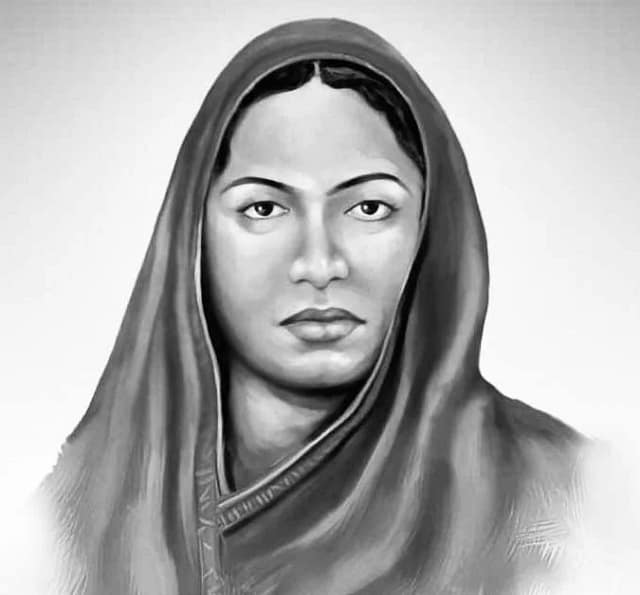The Supreme Court today reserved its order on the bail petition filed by former West Bengal Education Minister, Partha Chatterjee, in connection with the ongoing money laundering case linked to the state’s cash-for-jobs scandal.
Partha Chatterjee, who is now an MLA, is accused of involvement in the illicit recruitment of Assistant Teachers under the West Bengal Board of Primary Education. The Enforcement Directorate (ED) has opposed his bail plea, citing his significant role in the case and the recovery of substantial assets from his residence.
Court’s Strong Remarks
During the hearing, Justices Surya Kant and Ujjal Bhuyan pointedly questioned Chatterjee’s defense, with Justice Kant describing him as “a corrupt person” in a stern remark. The judge emphasized that Chatterjee, as a former Minister, should not be treated like other accused, given the gravity of his position. “What message do you want to send to society? That corrupt persons can get bail like this?” Justice Kant said, raising concerns over the societal impact of such a decision.
Despite arguments from Chatterjee’s defense counsel, Senior Advocate Mukul Rohatgi, that his client had been in custody for over two years, Justice Kant remained firm. He noted that Chatterjee’s alleged actions, including the misappropriation of funds, were far more serious due to his high-profile position.
ED’s Stand and Chatterjee’s Defense
The ED, represented by Additional Solicitor General (ASG) SV Raju, opposed bail, arguing that Chatterjee’s continued detention was justified. ASG Raju also pointed out that Chatterjee was already in custody for a separate CBI investigation, suggesting that granting bail would serve no practical purpose.
However, Rohatgi countered by claiming that other accused individuals in similar cases had been granted bail, asserting that the refusal of bail in Chatterjee’s case was purely punitive. He also questioned the legitimacy of evidence obtained under Section 50 of the Prevention of Money Laundering Act (PMLA), but the ASG dismissed this argument, defending the evidence’s credibility.
Justice Kant, however, expressed doubts about Chatterjee’s ability to escape conviction, especially in light of the massive amounts of money and property seized during the investigation.
A Deeper Look into the Allegations
The case revolves around the illegal recruitment of teachers in West Bengal, where it is alleged that bribes were taken from aspiring candidates, and the proceeds were funneled into dummy companies and proxy individuals. Crores of rupees, including assets in the names of Chatterjee and his alleged associate Arpita Mukherjee, have been seized by authorities. The ED claims that these assets were purchased with the illegal proceeds.
Despite Rohatgi’s assertions of Chatterjee’s good character and his claim that no direct recovery was made from him, the court was unimpressed. “You are a Minister, obviously you would not keep the money at your residence,” said Justice Kant, highlighting the complex nature of the crime and Chatterjee’s presumed involvement in orchestrating the scheme from behind the scenes.
The court also referred to the substantial seizure of assets, including money and jewelry, from properties linked to Chatterjee and his associate.
The Road Ahead
The Supreme Court has yet to decide on the matter, and its ruling will have significant implications for Chatterjee’s future. The court has taken into consideration the prolonged pre-trial detention of the accused, but also noted the gravity of the charges and the need for a fair trial.
The case has brought significant attention to the corruption allegations surrounding high-ranking politicians in the state, further intensifying scrutiny on the West Bengal government’s actions. The verdict on Chatterjee’s bail is expected to set an important legal precedent in cases involving politicians and the misuse of power.
This news report is curated with insights from multiple reliable news sources.








